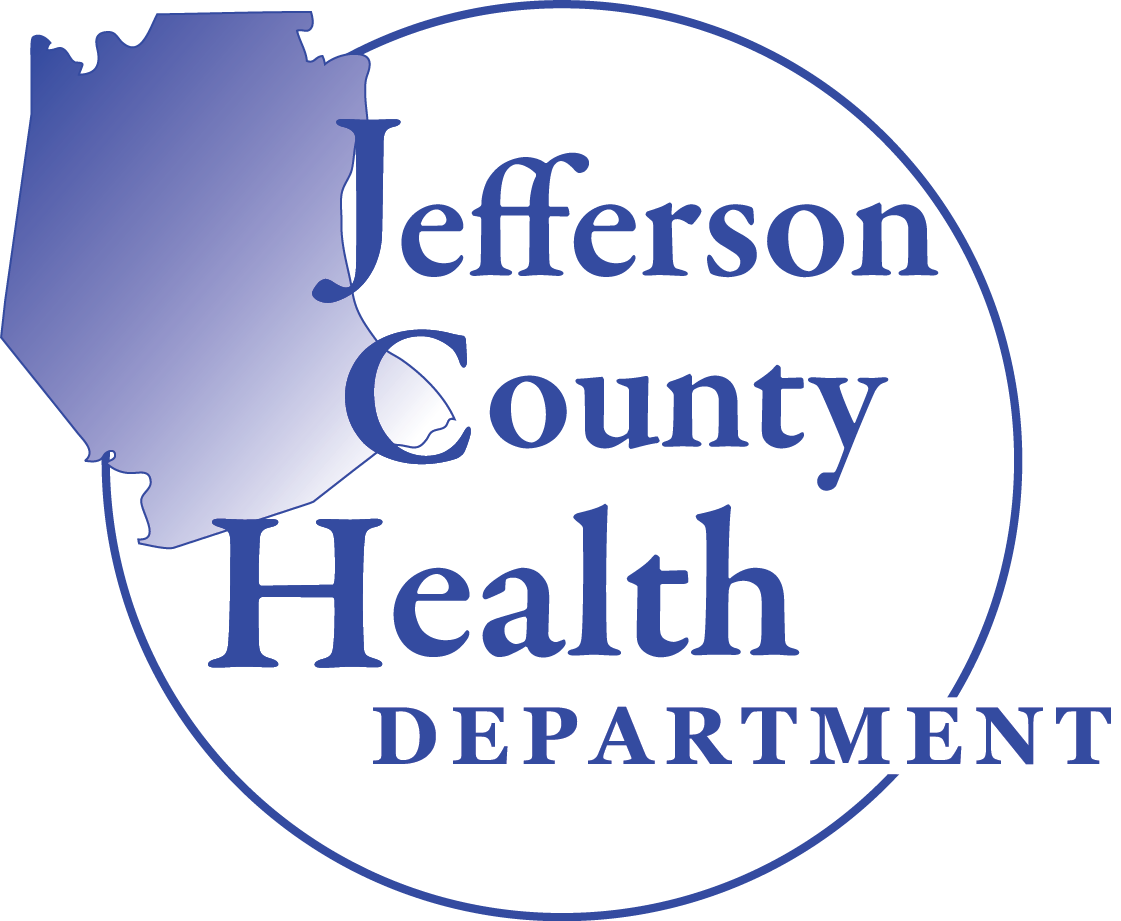Jefferson County Health Department is issuing this Public Health Alert to inform the public and providers that we are seeing more pertussis (whooping cough) cases than usual for this time of year.
Read moreWest Nile Virus Detected in Hillsboro Mosquito Population
Jefferson County Health Department (JCHD) is reporting the first detection of West Nile Virus in a mosquito population in Jefferson County this year. Specimens collected in unincorporated Hillsboro on August 22 were tested today, September 2, 2025, and confirmed positive for the virus.
JCHD Vector Division will begin implementing control measures in the affected areas of concern on the evening of September 2. JCHD’s Mosquito Control and Surveillance program will continue to monitor the county for West Nile Virus in the mosquito population.
The health department encourages residents throughout the county to be diligent in protecting themselves and their loved ones when they are outdoors. Protection from mosquitoes and the diseases they carry can be as simple as:
Use insect repellents that contain 20% - 50% DEET or Picaridin
Wearing light-colored clothes
Covering exposed skin
In addition to personal protection, residents can protect their homes and property by removing standing water sources such as waste tires, cans, buckets, flowerpot sills, or other containers holding water for mosquitoes to lay their eggs in.
For more information about the JCHD Mosquito Control and Surveillance Program, please visit the health department at www.jeffcohealth.org.
Stay Safe in the Sun: Tips for Summer Sun Safety Month
August is Summer Sun Safety Month and we want you to have the information to enjoy the outdoors in a safe and smart way! The Centers for Disease Control and Prevention recommend a layered approach:
Read moreJefferson County Health Department Announces Changes to Dental Services
Jefferson County, MO- The Jefferson County Health Department (JCHD) will adjust its dental services to better meet the community's needs and ensure long-term program sustainability.
Effective June 27, 2025, the Senior Smiles to Go dental van will no longer provide services. However, it will be open for cleanings, fillings, extractions, emergency appointments, and denture adjustments for existing patients through Thursday, June 26.
This decision comes as JCHD reassesses how to best utilize limited resources in light of ongoing challenges with staffing and scheduling. Operating both pediatric and adult mobile dental programs has proven unsustainable. Expanded dental care access is now available through Compass Health and other providers throughout the county, helping to fill the gap in adult services.
“This is the best way to keep meeting community needs while using our resources wisely,” said Steve Sikes, Executive Director of JCHD. “By focusing on what we do best and working with other providers, we can ensure everyone gets the care they need without overlapping services.”
The updated focus will allow JCHD to build stronger partnerships with school districts, extend services to new educational settings, and support preventive oral healthcare for children throughout Jefferson County.
Current or past Senior Smiles to Go program patients can request their dental records at jeffcohealth.org/dental. Inquiries from current, past, or future patients will be referred to the following providers:
Compass Health Network: 844-853-8937
A.T. Still University – Missouri School of Dentistry & Oral Health: 866-626-2878
Affinia Healthcare: 314-814-8700
Elks Mobile Dental Program: 573-690-6003
STL Emergency Dental: 314-200-3880
JCHD remains committed to promoting and supporting access to quality dental care for all Jefferson County residents. For more information, visit jeffcohealth.org or call 636-797-3737.
Start Small: Grow an Indoor Herb Garden This Season
Gardening doesn’t have to be hard. Start small, grow what you love, and enjoy the benefits of fresh herbs in your home!
Read more
